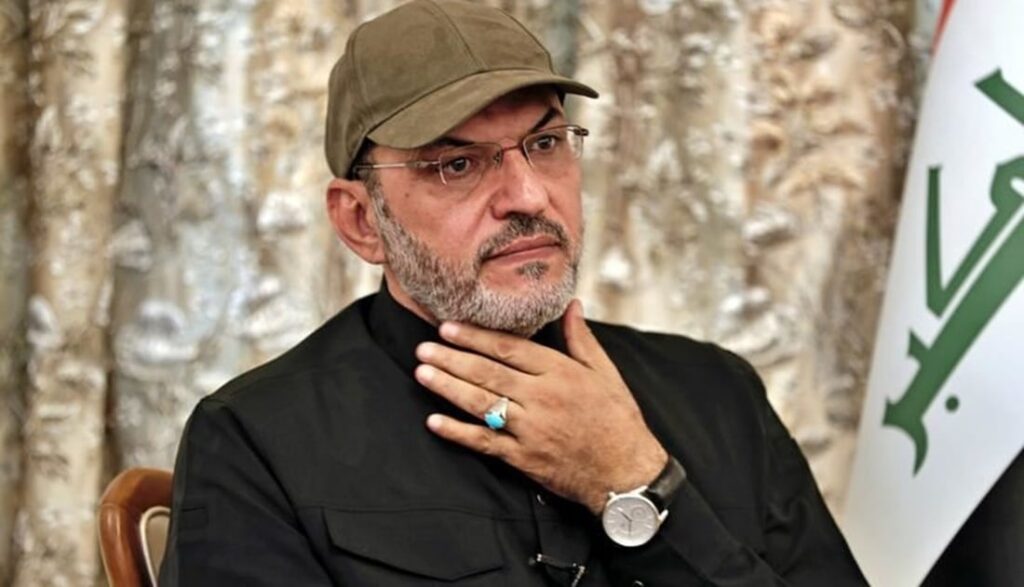Tehran Accuses Trump of Being Even More of a Threat to Iran Than Saddam Hussein

US President Donald Trump is even more of a threat to Iran than Saddam Hussein was, government spokesman Ali Rabiei has suggested.
“Some political elites at various levels do not believe that today Trump is more violent and brutal than Saddam, endangering the lives, health, and livelihoods of Iranians,” Rabiei said, his remarks being cited by the Iranian Student News Agency.
“If Saddam wanted to seize Khuzestan and [the Iranian city of] Khorramshahr, and even in his own words, at least Arvand Rud [River] from Iranians, today, Trump is seeking to fragment and cut down Iran, to defeat the national spirit and identity of Iranian society,” he added.
Though Saddam Hussein’s government threatened to destroy Iranian villages and cities, today Trump is threatening to destroy the country’s cultural and civilization centers, Rabiei suggested, recalling Trump’s controversial threats earlier this year to attack “52 Iranian sites,” including “some at a very high level and important to Iran and the Iranian culture” amid raging Iranian-US tensions in the aftermath of the US assassination of Revolutionary Guard Quds Force Commander Qasem Soleimani.
....targeted 52 Iranian sites (representing the 52 American hostages taken by Iran many years ago), some at a very high level & important to Iran & the Iranian culture, and those targets, and Iran itself, WILL BE HIT VERY FAST AND VERY HARD. The USA wants no more threats!
— Donald J. Trump (@realDonaldTrump) January 4, 2020
“Saddam’s regime targeted our people with rockets and bombs…and today Trump has targeted the health, life and livelihood of the people by bombardment through economic sanctions and assassinations,” the spokesman continued.Rabiei recalled that, just as Saddam Hussein tore up the Algiers Accord of 1975 on the settlement of any border disputes between Iran and Iraq in September 1980 days before launching Iraq’s war of aggression against Iran, similarly, in 2018, “the Trump regime did the same with the Joint Comprehensive Plan of Action [nuclear accord].”
Rabiei also accused the Trump administration of assassinating Soleimani because of the defeat of its campaign in support of the Daesh (ISIS)* terrorists, just as Iran accused Iraq of targeting Iran-Iraq War Ground Force Commander Ali Sayad Shirazi, who was assassinated by the Baghdad-backed People’s Mujahedin of Iran in 1999.
© AP Photo / Hassan AmmarRabiei suggested that whereas during the Iran-Iraq War, the frontlines were on the battlefields, today the frontline is the war against economic terrorism and economic war.
The spokesman stressed that Iran would "never succumb" to US bullying or coercion, and would, sooner or later, bring the bullies to their knees.
Iran-US Tensions
Decades of tensions between Tehran and Washington, which have festered since the Iranian Revolution of 1979, escalated dramatically (despite a brief thaw in the mid-2010s) after the Trump administration withdrew from the 2015 Iran nuclear deal in May of 2018. Since then, the countries have come dangerously close to the brink of war on several occasions, including after the June 2019 shootdown of a $220 million US spy drone over the Strait of Hormuz by Iranian air defences, the January 2020 assassination of Gen. Soleimani, and incidents in April of small Iranian gunboats “harassing” large US warships in the Persian Gulf, which prompted Washington to threaten to “destroy” any boats approaching too closely to US vessels.Last week, the Pentagon deployed the USS Nimitz-led carrier strike group into the Persian Gulf, with Tehran saying it would be closely monitoring the US’s “theatrical” attempt at a show of force.
* A terrorist group outlawed in Russia and many other countries.


